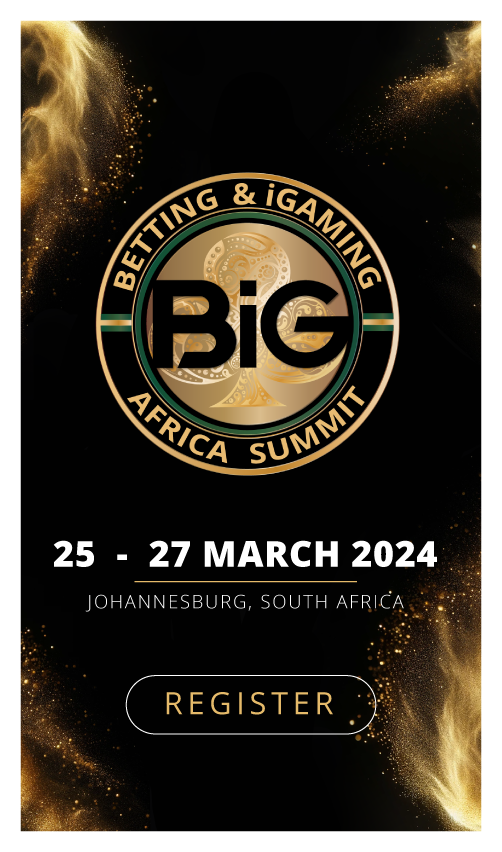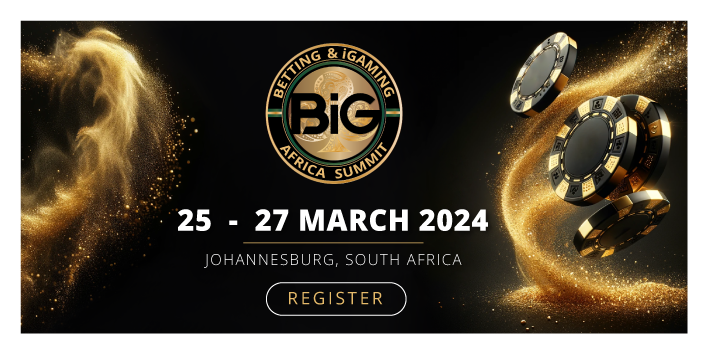Ever wondered why so many affiliates make a choice of one vertical or another, depending on the time? We are talking about real-time marketing and event marketing. The main principle behind this type of promotion is real-time adaptability to a rapidly changing world. Traffic is a major resource of income for the affiliates, so it’s important to understand where the biggest crowd is right now and how to get a piece of this action.
The nature of real-time marketing
Real-time marketing is an approach to marketing that combines working with spontaneously occurring traffic and adapting to an evolving context in real time. The most popular examples of real-time marketing are the media’s response to high-profile events. These can involve absolutely different areas, whether it is an unexpected political decision, a big market deal or shocking news from the world of show business. It works like this: a big name gets viral on social media — its popularity goes up — everyone goes Googling — if your site or ad mentions it, you get traffic. Real-time traffic usually appears abruptly and in big volumes, but fades away real quick.
Affiliate real-time marketing cases
As a prime example, let’s look at the most notorious event of recent years — the Covid-19 Pandemic. The news literally fell from the sky and changed the lives of the entire humanity. For many, the need for prolonged isolation has become torture. At such times, people go crazy looking for something to do. The internet has become a great source of solace from terrible events, entertainment and time-killing. Gambling, casinos, sweepstakes, and lotteries were very popular during the pandemic. Those affiliates who reacted in time to the spontaneous infomercial and rapidly started driving traffic to gambling increased their monetization manifold.
The nature of event marketing
Event marketing is a type of promotion based on the creation of valuable content related to a specific event. Event marketing is divided into two types: developing and implementing your own promotional activities and promotion based on high-profile public events of others. The main principle of this type of marketing is the ability to prepare for increased traffic in advance. We are talking about some holidays or already-announced events. For example, there is no doubt that there is a huge buzz around New Year and Christmas, so marketers prepare for the winter holidays in advance.
One type of event marketing is seasonal marketing. You’ll never guess which element is the main one. Obviously, it centers around seasonal trends and events. For example, theater seasons drive traffic to the experience industry, and the peak of the fish spawning season drives up demand for special fishing gear and equipment.
Increasing brand awareness can also be dictated by creating your own events. This is a fairly popular area of event marketing. Hosting your own conferences or other events fulfills several important functions at once:
- demonstrate your capabilities and expertise
- find partners
- build strong customer relationships
ZorbasMedia editorial team believes that affiliate marketing conferences are essential, find out why in our article.
Affiliate event marketing cases
Betting vertical was made for event marketing. It’s a great move to run ads during massive sporting events. During massive sports events, affiliate programs provide their marketers with themed landing pages for games and competitions, because an event-specific landing is always good for the conversion rate. A prime example of such case is the Olympics. Traffic at this time is concentrated around betting on multi-sport events. Affiliate programs develop unique funnels and approaches and provide their affiliates with lucrative offers and bonuses. Take a look at the case study of the last Olympic Winter Games 2022 in ZorbasMedia article, which gathers the opinions of betting industry experts.
Another case worth mentioning for its relevance is the 2022 FIFA World Cup in Qatar. Right now, the world’s best football teams are competing on the pitch while millions of spectators watch their games. Interested viewers are betting = creating traffic for the affiliates. Apart from marketing opportunities, FIFA is a cool way to draw attention to new GEOs in betting. Read PIN-UP Partners’ in-depth guide on how to drive traffic during the World Cup and grab this profitable opportunity.
When it comes to the seasonal event marketing, good examples are:
Holiday season. The end of spring and the beginning of summer are traditionally associated with the holiday season. All sorts of travel agents, flight search services, hotel reservations and excursion programs take over the user’s attention. As you might have guessed, this is a good time to run campaigns to the travel offer vertical.
Black Friday. The end of November is not only about the event-driven Black Friday discounts, but also with the season of preparing gifts for the upcoming winter holidays. The e-commerce vertical is particularly popular at this time.
Cold season. Winter is the time when most of the world’s population begins to get sick after the first days below zero. At that time, the main segment of the online audience is actively interested in health products and buying medicines = the perfect time to drive traffic to nutra offer vertical.
Pros and cons
Real-time and event types of marketing are excellent mechanisms for affiliates who are able to analyze the market tendencies in real time. However, even in such an attractive area of advertising, there are some disadvantages.
Pros
The positive effect of event traffic on a website’s SEO performance. Even a temporary spike in activity around your ad will have a positive impact on the entire future of the site.
Revenue growth. Even a temporary increase in cash flow will have a positive impact on your budget. It often happens that the traffic from news break exceeds the usual traffic flow by 5–7 times and the income increases respectively.
Low competition. As a rule, if an event is new, at first there is very low competition for it. If a new game came out, and you are one of the first to write a review on its interface and guide on its playthrough — all the traffic is yours. Because there are no other such info resources yet. The main thing is timeliness.
Cons
Difficulty in managing content. It can be very difficult at times to respond to traffic that comes in by itself. You often just don’t have time to analyze it and offer something interesting enough to new users.
Fragility of traffic. In 2–3 days, everyone will stop googling the event, and the traffic on this topic will be gone. You will be lucky if some part of the visitors will be interested in your content enough to stay on your site.
Weak metrics. Often, event traffic accumulates on the first SERP pages and does not go any further. For the most part, the user does not care about the topic as a whole, but only about a specific part of it. Few people read about the whole history of FIFA, they just google the results of the latest match.
Final Thoughts
Real-time and event marketing are short-lived sources of traffic, but very lucrative. In this area, the most important thing is to keep a keen eye out for loud info blasts, so that you can react quickly to the surge of interest around particular occasions. Also, media hype around an offer vertical that you haven’t looked at before can be a great opportunity to start developing your campaigns in a new direction.
If you want to reach new GEOs and audiences, maybe it is all waiting for you on Telegram? We’ve prepared some material about Telegram audiences. What are the messenger’s users like this year? How old they are, what they do, and what they are interested in!








